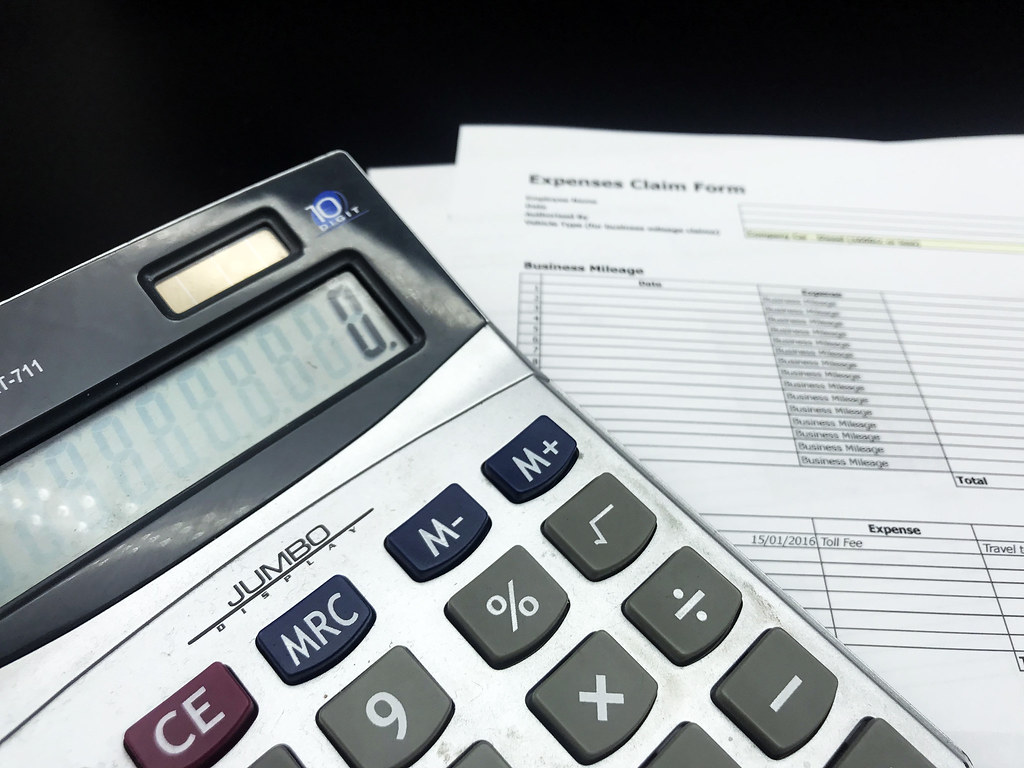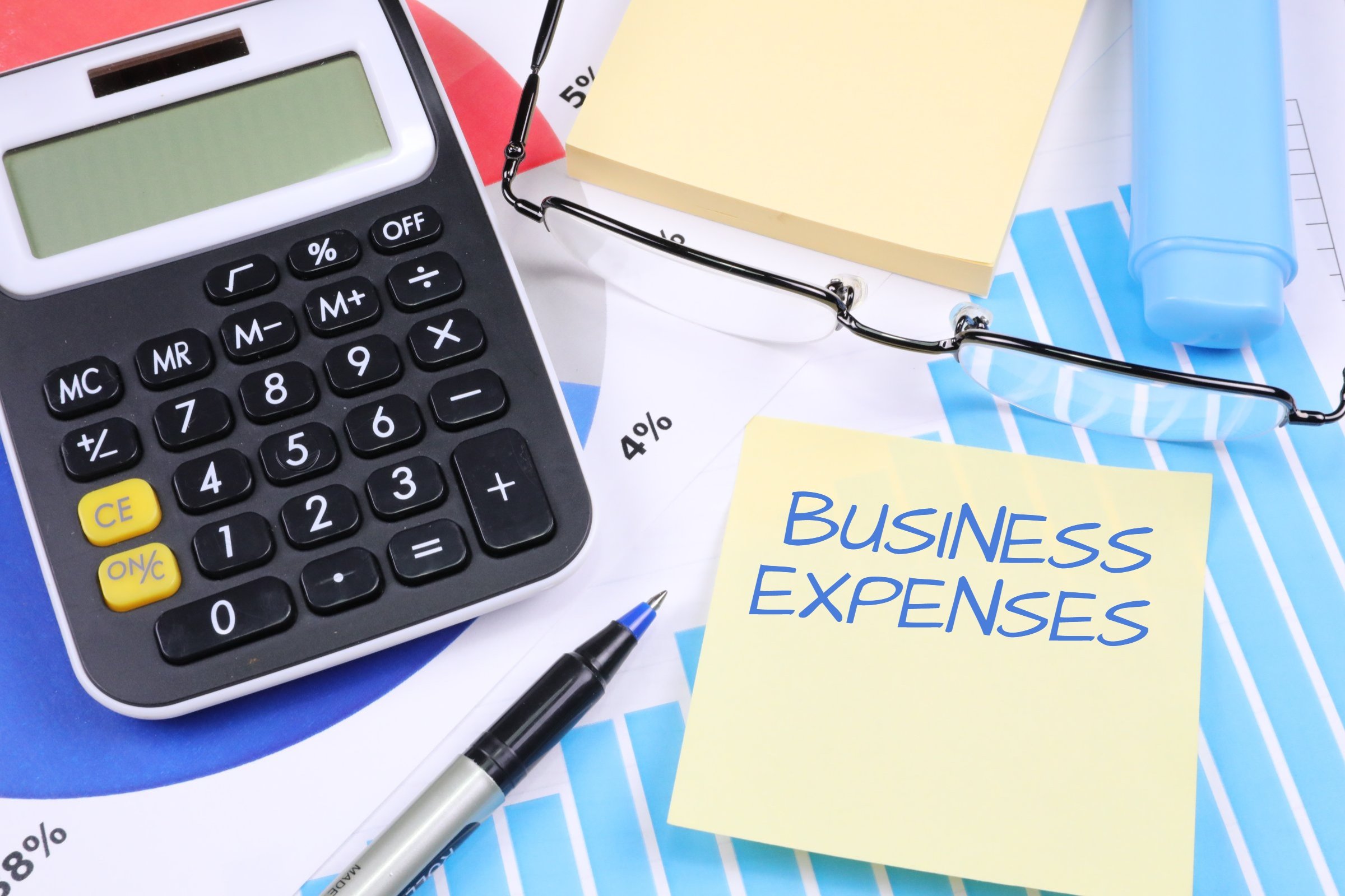In business operations, costs are an integral part of the landscape. Accountants and financial leaders adeptly harness these business expenses to craft comprehensive company budgets. They can also use this to compile income statements and diligently file tax reports. A nuanced understanding of a company’s expenses, mainly those eligible for tax deductions, is also paramount in tax preparation. This article serves as a guide, shedding light on the essence of business expenses, elucidating the diverse categories of expenses, and presenting a compendium of standard expense classifications that prove invaluable to professionals in accounting and finance.
Exploring Business Expenses Categories

When it comes to business expenses, they typically fall into three primary categories, each with its distinctive characteristics:
- Fixed Expenses- These are the stalwarts of the financial landscape. This remains consistent across various reporting periods. Think of expenses like rent or insurance payments. These steadfast costs are also often referred to as overhead.
- Variable Expenses- In contrast, variable expenses are the chameleons of the financial world. They fluctuate throughout the reporting period. They need to adapt to the evolving needs of the business. Examples encompass items such as shipping costs and utility payments.
- Periodic Expenses- Occurring sporadically across different reporting periods. The periodic expenses bring an element of unpredictability. These may include unforeseen equipment repairs or annual bonuses, adding an occasional twist to the financial tapestry.
By recognizing and categorizing business expenses into these segments, businesses gain a clearer perspective on their financial dynamics, aiding in budgeting, financial analysis, and informed decision-making.
Common Business Expenses

For professionals in the financial or accounting sphere, recognizing and organizing these expenses into distinct categories is essential. Here, we present a comprehensive list of common business expense categories. This will then provide insights into the financial intricacies faced by organizations.
- Location Costs: These encompass mortgage or rent/lease payments for business premises, often characterized as fixed expenses with stability over time.
- Utilities: Expenses related to heat, water, and electricity, vital for business operations. These costs can fluctuate monthly or seasonally.
- Telephone and Internet: This can cover communication essentials, including landline, mobile, also internet services. They are often contracted with service providers.
- Business Insurance: Encompassing various insurance types, from group health and property insurance to liability coverage and workers’ compensation. They have varying deductibility.
- Office Equipment: Involving the purchase and maintenance of office essentials like computers, printers, desks, and office supplies. The costs of which can vary depending on industry demands.
- Employee Salary and Benefits: These business expenses include payroll expenses. This includes salary and benefits like vacation time, whether salaried or hourly, and extending to contracted or freelance personnel costs.
- Marketing Expenses: Covering diverse marketing activities. This may include social media campaigns, website design, advertising, and promotional materials. This is often fully deductible.
More Types of Business Expenses

- Taxes: Addressing the taxes paid by companies. This involves state income tax, property tax, payroll tax, and more. This may vary by industry and location.
- Business Fees: Encompassing licensing and permit fees, which may be one-time or recurring. Sometimes, it is deductible based on the nature of the fee.
- Business Meals: Expenses related to business-related dining, client meetings, and employee meals, potentially deductible up to certain limits.
- Employee Gifts: Covering gifts given to employees for various occasions, with deductibility based on specific thresholds.
- Business Travel: These business expenses encompass travel-related expenses, from transportation and lodging to meals, often with varying deductibility.
- Education: Expenses associated with employee education, including seminars, workshops, and subscriptions. This may also be deductible when enhancing the company’s value.
- Legal and Professional Fees: Fees for legal or accounting professionals hired by the company, with potential deductibility.
- Home Office: Expenses related to maintaining a home office for business purposes. This is then subject to specific criteria.
- Loan Repayment and Interest Payments: These business expenses cover the repayment of business loans, credit card payments, and associated interest costs, then contributing to expense tracking and net income calculations.
- Depreciation: This also refers to spreading costs for assets like office furniture or vehicles over their useful life, potentially deductible.
- Maintenance and Other Fees: Miscellaneous fees, such as landscaping services, office cleaning, or snow plowing, which can be allocated to budgeting or accounting categories.
Conclusion

In finances, handling business expenses is paramount. The task may appear daunting. However, it is significant for a company’s financial health and tax compliance. To navigate this terrain with finesse, consider the following insights and tips below.
Pristine Record-Keeping
The IRS stipulates that certain records must be preserved for up to seven years. This safeguard is crucial in the event of an audit. Leveraging business accounting software can simplify the task, which will then ensure that your expense documentation is comprehensive and easily accessible.
Segregation of Personal and Business Expenses
Drawing a clear line between personal and business finances is imperative. Maintain dedicated accounts, such as separate banking and credit or debit cards, for your business transactions. This demarcation serves as irrefutable proof of business-related purchases and financial activities.
Tax-Deductible Expenses
Not all expenses are created equal in the eyes of taxation. It is essential to discern which business costs are tax-deductible and their corresponding categories. This is especially true when dealing with capital expenditures subject to depreciation.
Savvy Travel Expense Management
Business travel expenses often offer a realm of tax deductions. Maintaining meticulous records of transportation, lodging, and meal expenses is prudent and tax-efficient. These records should be securely retained for at least three years. This will then safeguard you against potential IRS scrutiny.
Timely Expense Recording
The adage “procrastination is the thief of time” holds true in business expenses management. Whether through manual record-keeping or the utilization of accounting software, timely and consistent expense recording is key. This practice instills discipline. This will then ensure that expenses are accurately logged, benefiting both you and your employees.
Periodic Expense Reviews
Vigilance is the cornerstone of effective expense management. Regularly reviewing expenses—whether manually or electronically recorded—can then minimize errors. It also helps prevent potential fraudulent activities. It is a proactive measure that fortifies the financial integrity of your business.
In essence, mastering the art of business expenses management is not merely a financial task. It should be a strategic imperative. Expenses management empowers your organization with the knowledge and discipline required to make informed decisions. It also helps you plan budgets effectively and remain compliant with taxation regulations. With these practices in place, your business is then poised for financial success and resilience in the face of audit challenges.